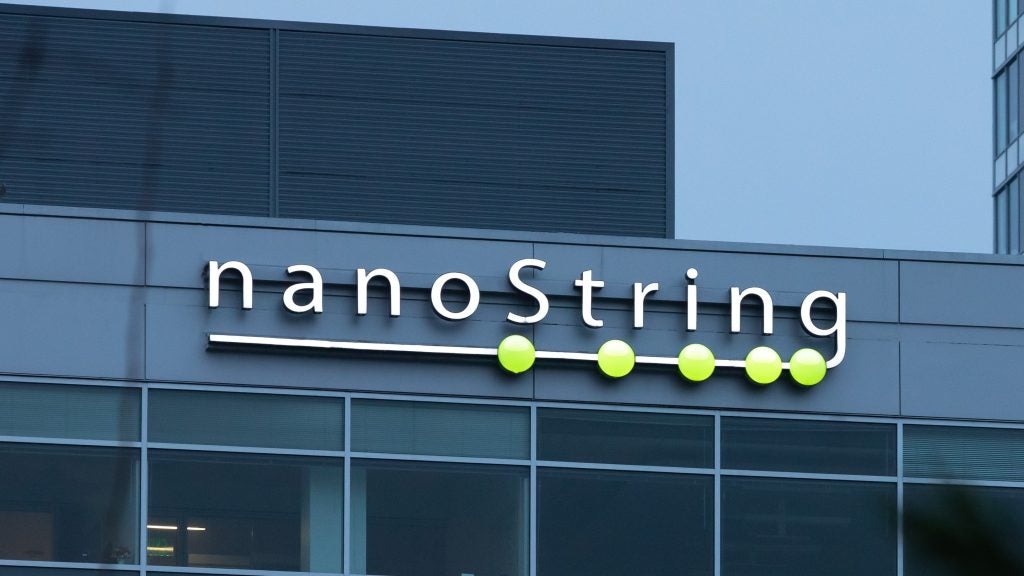
London based start-up Cognetivity Neurosciences has published research indicating that artificial intelligence could be used to detect early-stage dementia.
The study reveals that the firm’s Integrated Cognitive Assessment (ICA) platform could help detect warning signs of neurodegenerative conditions. The peer-reviewed findings have been published in Scientific Reports.
The ICA is a digital cognitive assessment test conducted via an iPad and completed in around five minutes. Researchers presented subjects with 100 greyscale images, 50 animal and 50 non-animal, in rapid succession. They then had to categorise each of these accordingly as they were displayed, and were given a score based on their speed and accuracy.
How can artificial intelligence detect dementia?
All parts of the visual system may be impacted by dementia and similar cognitive impairments, such as Huntington’s disease. The human motor cortex and oculomotor may also be impacted. These functionalities may be affected up to ten to 20 years before the onset of discernible cognitive impairment in neurodegenerative patients.
Alzheimer’s Research UK’s Director of Research Dr Carol Routledge said: “Rather than diagnosing when patients already have memory loss, problems with thinking, and real cognitive dysfunction, [the ICA] will take the diagnosis way back.”
In measuring all three, the ICA allows patients to be diagnosed before the irreversible neuronal death associated with neurodegenerative diseases.
How well do you really know your competitors?
Access the most comprehensive Company Profiles on the market, powered by GlobalData. Save hours of research. Gain competitive edge.

Thank you!
Your download email will arrive shortly
Not ready to buy yet? Download a free sample
We are confident about the unique quality of our Company Profiles. However, we want you to make the most beneficial decision for your business, so we offer a free sample that you can download by submitting the below form
By GlobalDataDr Routledge added: “Unless we diagnose early, I don’t think we’ll have effective treatments, and if we don’t get effective treatments the prognosis of patients it going to remain exactly where it is now.”
An improvement on tradition
The accuracy of individual ICA test scores correlated significantly with the accuracy of cognitive tests currently used in clinical practice. This included the Mini Mental State Examination (MMSE), Montreal Cognitive Assessment (MoCA), and Addenbrooke’s Cognitive Examination (ACE).
According to Cognetivity Neurosciences the ICA is a more appropriate for large-scale, proactive cognitive monitoring than these traditional methods. This is because the test can be completed without the input of a healthcare professional, and avoids becoming language or education dependent, or exhibiting learning bias.
Cognetivity’s CEO and Director Dr. Sina Habibi said: “It is our aim to make our technology available to help as many people as possible, whether through its use in clinical environments for the crucial early detection of conditions such as dementia, or through allowing people to measure their ongoing cognitive performance as part of their overall health monitoring activities.”




